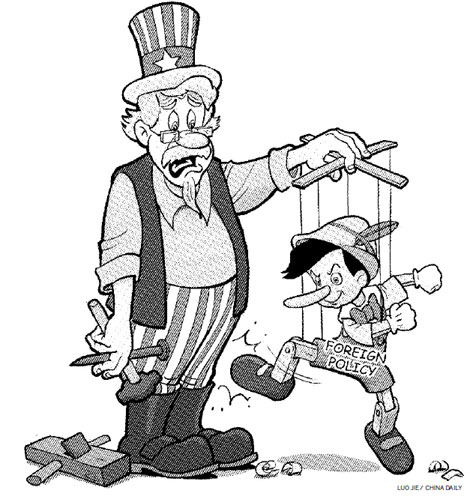US will rue its policy in Egypt

Violence in Egypt has escalated since the army moved ousted president Mohamed Morsi to a secret location, where he is being held on accusations for having "conspired" with Gaza-based Hamas to carry out "hostile acts" inside Egypt. The bloodshed in late July, which followed by nationwide protests and clashes between Morsi's supporters and opponents in Alexandria, has raised concerns worldwide.
The day Morsi was ousted, US President Barack Obama urged the Egyptian military to "move quickly and responsibly to return full authority back to a democratically elected civilian government". During his visit to Cairo in mid-July, US Deputy Secretary of State William Burns had said that despite concerns over the chaos in Egypt, Washington believed that the ongoing transition is another opportunity for the country to create a democratic state that would protect human rights and the rule of law, and improve the livelihood of its people.
Washington's recognition of the so-called second revolution in Egypt and its refusal to call Morsi's ouster a coup may make the Muslim Brotherhood the biggest loser now, but in the long run, the US may have to pay a heavy price for that.















